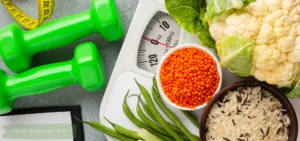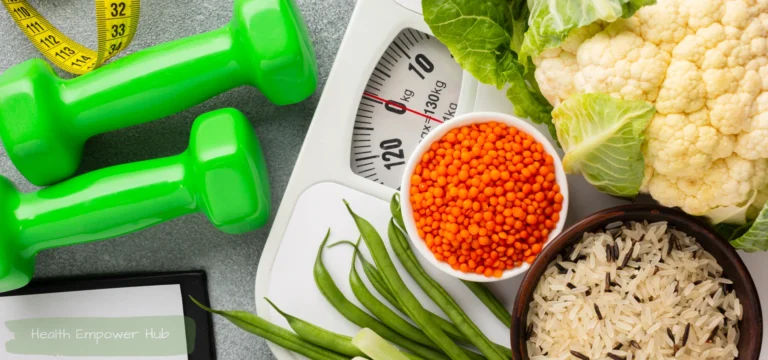The human body and its anatomy is a doubted miracle in itself. There are millions of researches going all around the world to understand the ways how it works and what nutrition it requires to keep it healthy and working. It is a known fact that there are certain food or food groups that our body needs as fuel in order to perform tasks such as blood circulation, digestion, breathing, and other functions in a proper manner. Potassium is one of them. This article is a comprehensive guide for anyone who wants to understand the wonders that Potassium does to our body and how essential it is to keep bodily functions aligned. You will be provided with all the interesting facts and information regarding foods high in potassium and their prescribed daily intake.
Basic Facts About Potassium:
Potassium is a food source that can be classified as a mineral that enters the blood through different foods. Scientifically it is referred to with the symbol K. The main function of foods that are rich in potassium act as an electrolyte that keeps common functions like balancing blood circulations throughout the body, and channeling and maintaining the fluid mechanism of the body in order. Another most important task is to keep muscular health in proper regulation which includes the beating of our heart on which every body part is dependent. Related to the pumping, potassium also looks after the nervous system and helps in blood supply throughout the body efficiently and effectively.
Foods that are rich in Potassium also cancel the effect of high sodium which can act as one of the most dangerous indicators for rapid blood pressure increase causing several heart-related diseases.
Daily Intake and Common Sources for Potassium Intake:
It is a common practice nowadays to keep the nutrition and macros calculated and to provide the body with computed energy to cut the excessive bad fats and toxins from it. Potassium cannot be overlooked as it has many benefits. According to doctors and nutrition specialists, adult men must consume 3400 mg of potassium whereas adult women are recommended to take 2600 mg every day.
If we take a close look, it appears very difficult to manage all this amount to take with other essential food groups, and can be a hectic task to calculate and manage it on a regular basis. However, nature has blessed us with foods high in Potassium in very excessive quantities that can fulfil our daily requirements without any hassle and the need to spend a lot of money.
Let’s take a look at some of the whole foods that contain the maximum amount of Potassium, are full of nutrition, and do not cost a fortune to be used daily with other food groups:
- Most commonly found in Bananas, potassium is one of the main nutrients that are present in the fruit alongside many others. It is highly affordable and can be taken as a snack, in breakfast, or throughout the whole day.
- Potatoes, the most loved vegetable, contain more than 900 mg of potassium. It is a versatile vegetable that can be paired with anything or can be eaten in baked, boiled, or fried form.
- Spinach is another food that is high in Potassium. Alongside with the large content of Iron in the vegetable, Potassium is found in high content.
- All kinds of citrus fruits provide nutrition to the body and contain quite a lot of Potassium.
- Protein sources such as beans, yoghurt, fish, etc are also common examples of foods that have high Potassium.
- Avocados are considered an essential element for the intake of good fats in the body but they also contain high amounts of Potassium.
There is an unlimited list of foods high in potassium but the above listed are the most common ones.
What Happens to the Human Body In Potassium Imbalance:
Several researches are going on by food experts who are doing constant nutrition analysis on foods that are high in potassium. Even though the consumption of this essential mineral is highly recommended, some people have Potassium imbalances in their body which can cause some serious health ailments. The body is an image of what we eat and our daily practices such as exercise, sleep cycle, stress management, etc. These ups and downs can cause harm to the body which can be very alarming if not treated properly at the right time.
If we specifically talk about Potassium intake, two conditions may occur:
Potassium Deficiency
Potassium deficiency is quite common and happens when people are unable to get proper nutrition in the body due to unhealthy practices or unavailability of fresh food for several reasons. Potassium deficiency can cause Hypokalemia, which is a condition that can lower the muscles’ function, and cause uncertain heartbeats which can result in body paralysis.
Potassium Efficiency
Potassium efficiency can also cause problems and if the foods that are high in potassium are not taken under the calculated measurements it can cause a condition called Hyperkalemia which causes heart attack, affects kidneys, and causing kidney stones. Usually, people who are involved in any kind of sports activity can balance their intake due to their active routine. Proper consumption of nutrition including foods high in Potassium can assist in providing great results to the overall body.
Conclusion:
In today’s world where everything is available at the fingertips, the importance of foods high in Potassium cannot be neglected. As time passes, every new disease has affected our immune systems to some extent. It is very important to look after your health and to keep a balanced lifestyle in which nutrition plays a vital role. Potassium is considered a hidden element in foods which is often overlooked by people and can cause serious health conditions afterward. In conclusion, we can ultimately state that the proper consumption of Potassium-rich foods can help in sustaining a healthy immune system which can fight all sorts of hazards coming in the way of a healthy life.










